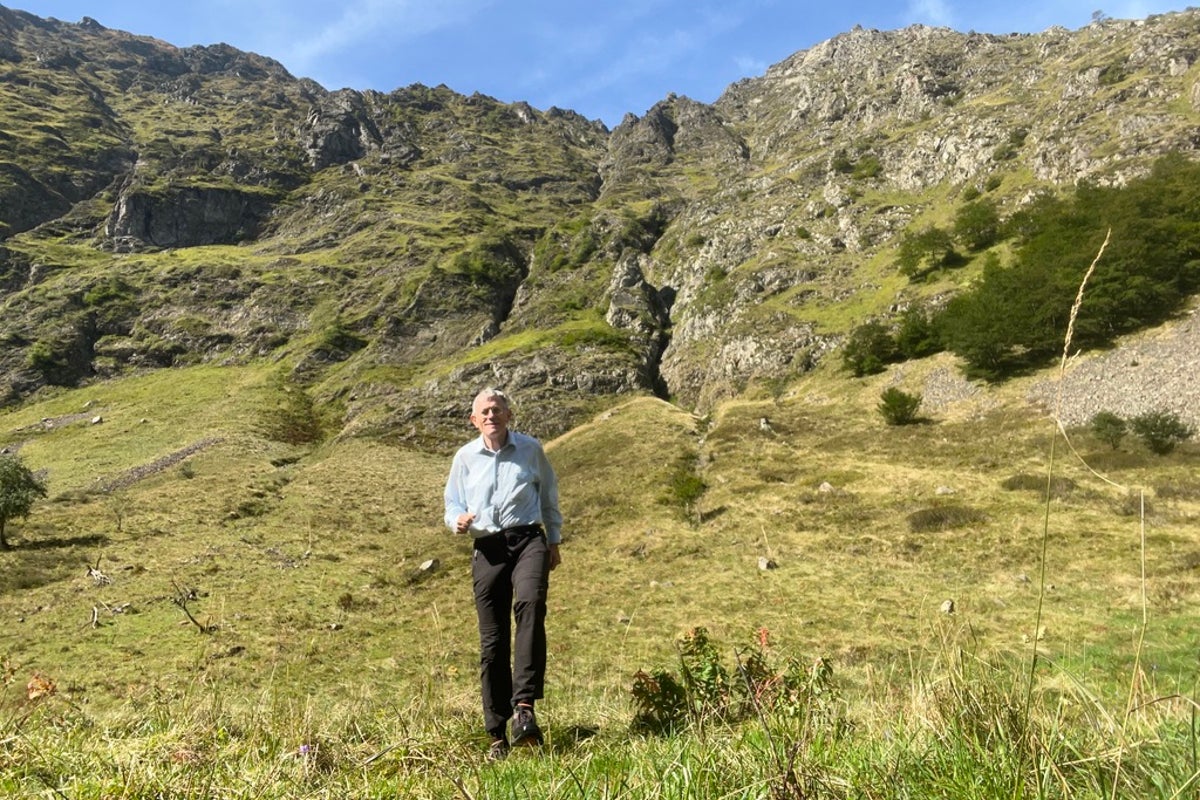Confessions of a Hungry Ghost
Sensei Alex Kakuyo knows what it's like to live as a hungry ghost, constantly striving toward one more thing. The post Confessions of a Hungry Ghost appeared first on Lion's Roar.
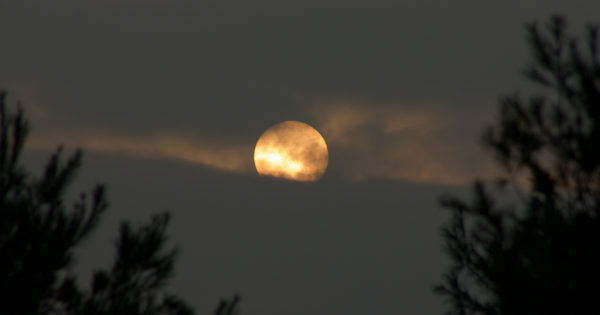
Sensei Alex Kakuyo knows what it’s like to live as a hungry ghost, constantly striving toward one more thing. He shares how Buddhist practice has helped him accept this endless hunger and find refuge in the present moment.
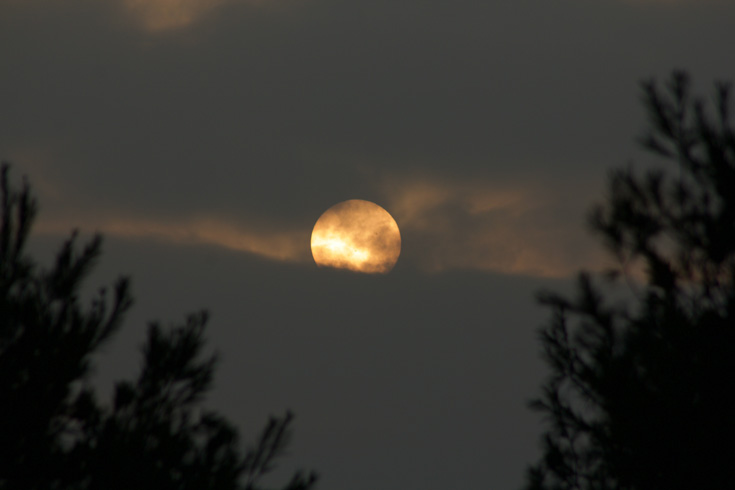
Photo by Niv Singer.
I moved out of my parent’s house at the age of 18. The ensuing years involved a series of highs and lows as I struggled to find my place in the world. I graduated college with a B.A. in philosophy. I served 8 years in the U.S. Marines. Then I entered the civilian world and discovered veterans with liberal arts degrees aren’t employable.
So, I got a roommate and an apartment in a bad part of town. I was lulled to sleep by the sound of gunshots each night, and I worked a crappy call center job that didn’t pay my bills. I ate canned ravioli three times a day, and friends commented on how skinny I looked.
Happiness remained a mystery to me; like the moon on a cloudy night.
I was hungry and ashamed. I’d done everything that the school counselors told me was required for success. I wore suits to interviews, I looked potential employers in the eye when I shook their hands, and I even spent money I didn’t have to send hand-written “thank you” notes after every interview. But nothing worked.
One day, I got lucky. A manager noticed that I’d gone a whole year without being late for work, and he rewarded me with a better shift. The better shift led to more pay, and eventually I got a promotion. That promotion led to a less crappy job with another company that offered health insurance. So, I got some badly needed dental work done. I started to feel like an adult.
Meanwhile, I was still living paycheck to paycheck and my suits all came from Goodwill. I got them dry-cleaned in the hopes that no one would know the difference. But I still felt like a fraud. The literal hunger of my youth was replaced with an existential one as I wondered, “Will clients take me more seriously if I buy a nicer watch?”
Over time, I got the nice watch, the fancy suits, and the fast car to go with them. I learned what drinks to order at restaurants and the appropriate topics of conversation. I learned how to fit in, and I navigated the corporate world like a politician; building a reputation and cultivating relationships in my climb to the top.
My hard work paid off. I was rewarded with an office and paid time off. I had a job title that garnered respect and the bars of my youth were replaced with dinner parties in houses that I didn’t own. I lived on the nice side of town, and all of my bills were paid on time. I was a success.
And I was hungry and ashamed. Once again, I’d done everything that my elders told me I needed to do. I dotted all of my i’s and I crossed all of my t’s. But happiness remained a mystery to me; like the moon on a cloudy night. I knew it was there, but I couldn’t see it. I couldn’t feel any thing other than the hollow emptiness in my chest that was somehow worse than the hunger pangs of my youth.
So, I stopped drinking alcohol. I stopped eating meat, and I began attending services at a Buddhist temple near my house. The rituals and chanting were uncomfortable, but they were also reassuring. The rest of my life might be chaos, but I knew what to expect each time I went to the temple. I might be a faceless corporate cog at work, but the monks told me that I was special, that I was Buddha, that I was part of something larger than myself.
Once I got a taste of the Dharma, I wanted more. So, I gave away all of my possessions and traveled the country; working on organic farms. For eight months, my life was nothing but meditation, sutra study, and hard manual labor.
Fast forward several years, and now I’m a Buddhist teacher. I give Dharma talks and teach meditation. I write articles to help people find inner peace, and my faith gives me a sense of belonging in this cold, isolating world.
But there are still days when I feel hungry and ashamed. “I don’t write enough, I don’t give enough to charity,” my inner critic says, “I should learn another language, maybe I need another degree.” I watch these thoughts with cold, bemusement when they appear. Practice has taught me that it doesn’t matter what I do, it will never be enough. I will always want more.
I respond to my endless hunger for more by taking refuge in the daily activities of life.
There’s a word for people like me in Buddhism. We’re called gaki (餓鬼) in Japanese, which translates to hungry ghosts. In Buddhist cosmology, a hungry ghost is a being who has been condemned walk the earth; always eating and never feeling full.
This has been the story of my life; constantly reaching, striving for one more thing. I hunger and I thirst endlessly for something that I don’t have a name for; something more fulfilling that money, power, or spiritual attainment.
Thankfully, in the same way that Buddhism has a name for my condition, it also has the cure. I’m reminded of this when I read the story of Buddha’s enlightenment. When confronted by Mara, the god of lies and desire, and surrounded by an army of demons, Buddha didn’t defend himself through a long, philosophical treatise.
I see this lesson reflected in my cat. He howls like a monster each morning when he wants to be fed; pawing at the covers and nibbling my ears until I get up. But once he’s eaten, he makes a bee-line to his favorite sleeping spot and passes out.
There’s no concern over whether he’ll eat again in the evening. He doesn’t ask for more food than his tiny belly can hold. He takes care of the problems of this present moment, and then he goes to sleep. Everything else is for foolish humans like myself to figure out.
I try to follow the example of Buddha. I try to practice the art of peacefulness that my cat embodies. When my inner critic tells me that I’m not praying hard enough, I make the bed. When I think I’m not spending enough time in the gym, I do the dishes.
I respond to my endless hunger for more by taking refuge in the daily activities of life. I strive to live in this present moment; only concerning myself with the problems I find therein. And on the frequent occasions when the undying thirst inside me can’t be quenched by mundane life, I light the candles on my altar, and I sit in meditation.
As I watch the candle light dance on my altar, my focus shifts inward to the shining light that we all possess. And I remember that I’m Buddha. I remember that I’m enough. And I don’t feel hungry or ashamed anymore.
This article was originally published on Sensei Alex Kakuyo’s website “The Same Old Zen.”
Can you help us at a critical time?
COVID-19 has brought tremendous suffering, uncertainty, fear, and strain to the world.
Our sincere wish is that these Buddhist teachings, guided practices, and stories can be a balm in these difficult times. Over the past month, over 400,000 readers like you have visited our site, reading almost a million pages and streaming over 120,000 hours of video teachings. We want to provide even more Buddhist wisdom but our resources are strained. Can you help us?
No one is free from the pandemic’s impact, including Lion’s Roar. We rely significantly on advertising and newsstand sales to support our work — both of which have dropped precipitously this year. Can you lend your support to Lion’s Roar at this critical time?
![]()

 Astrong
Astrong 







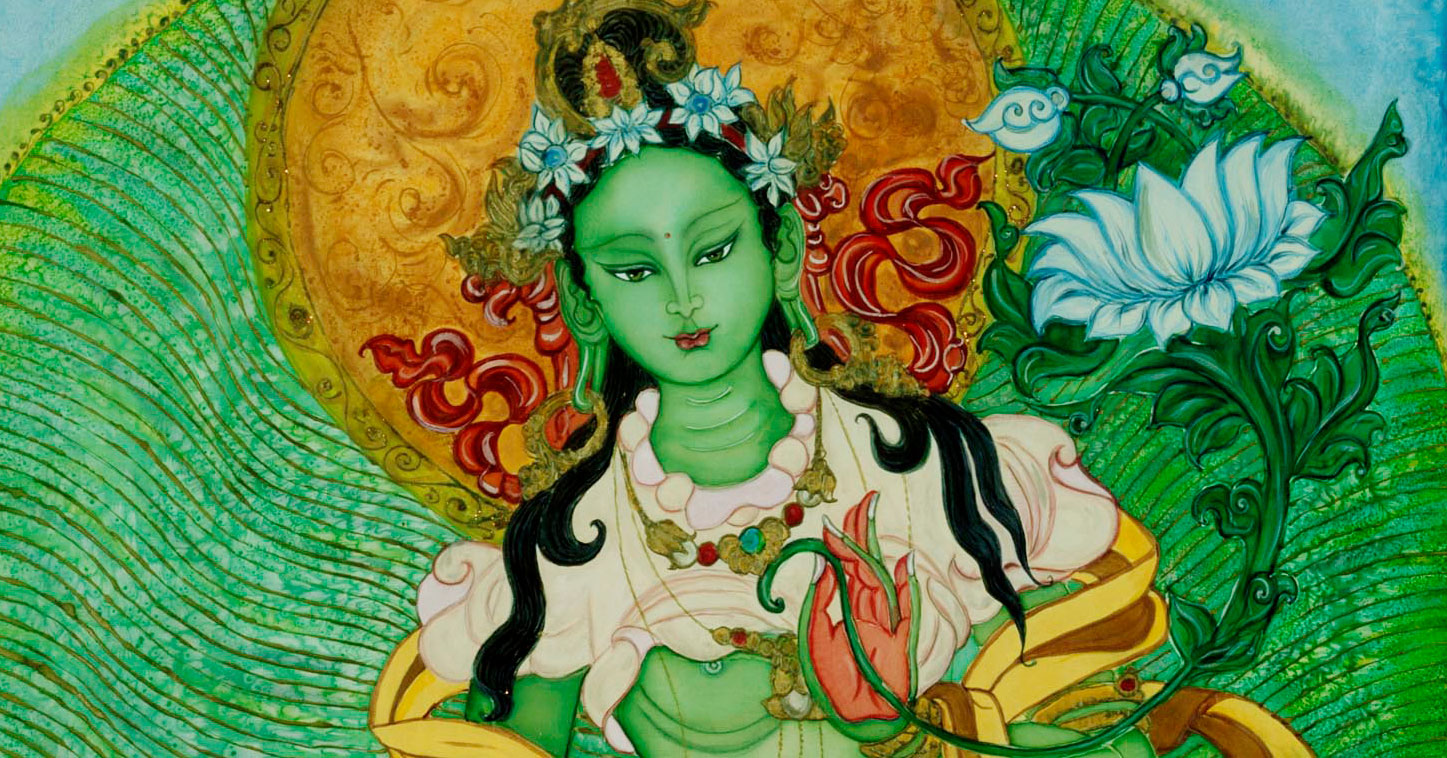
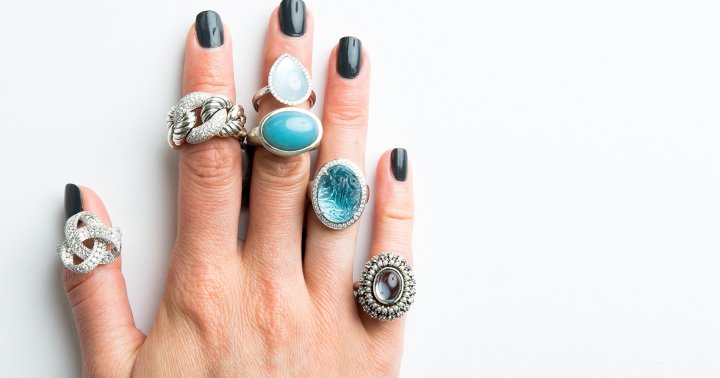

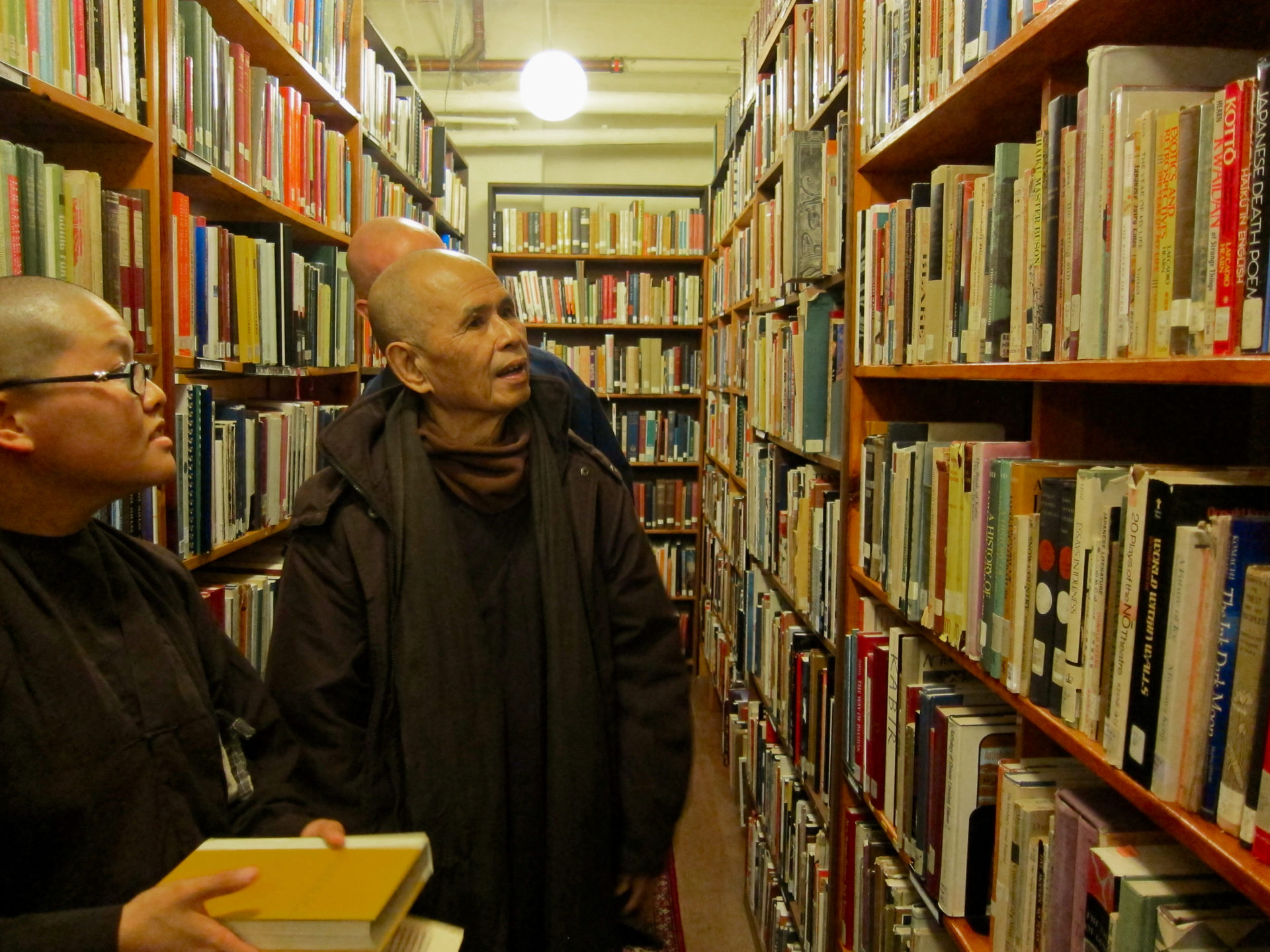

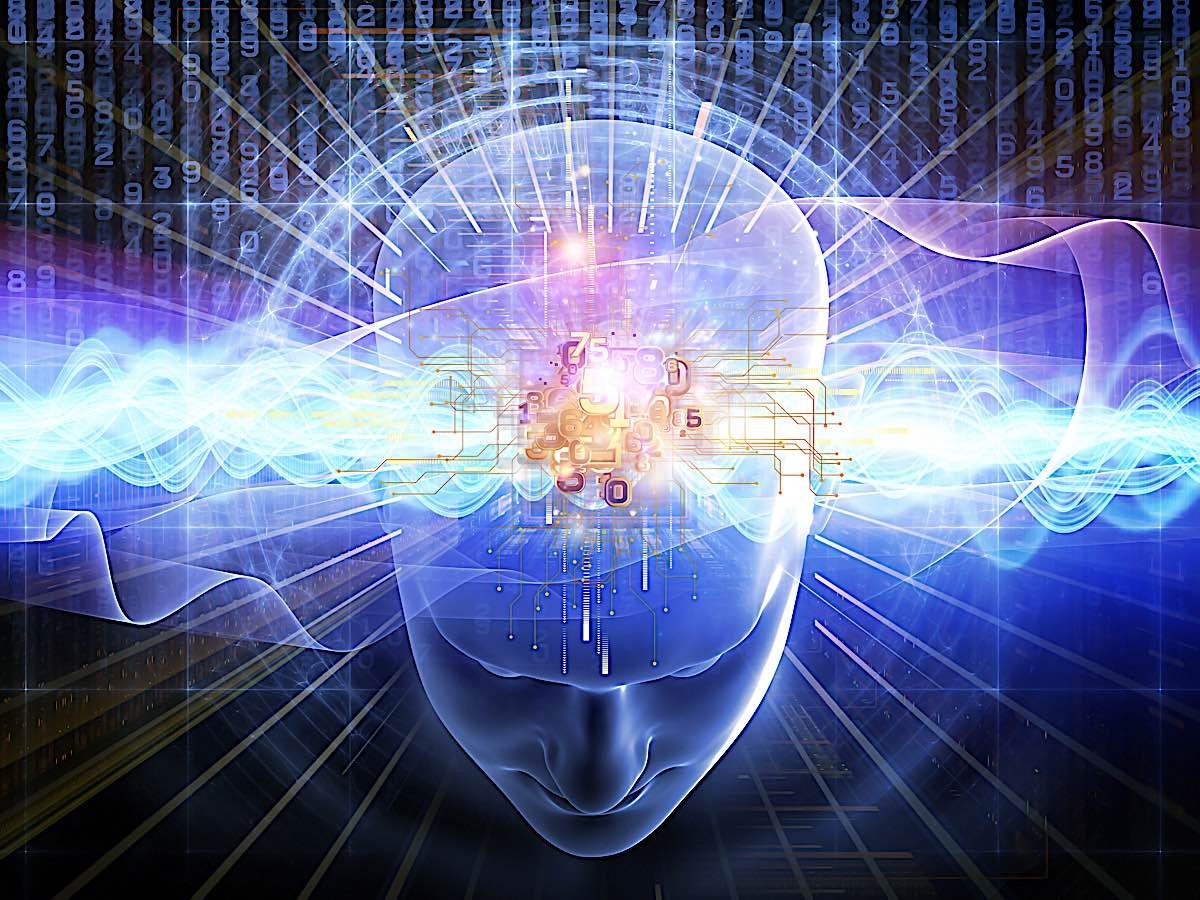













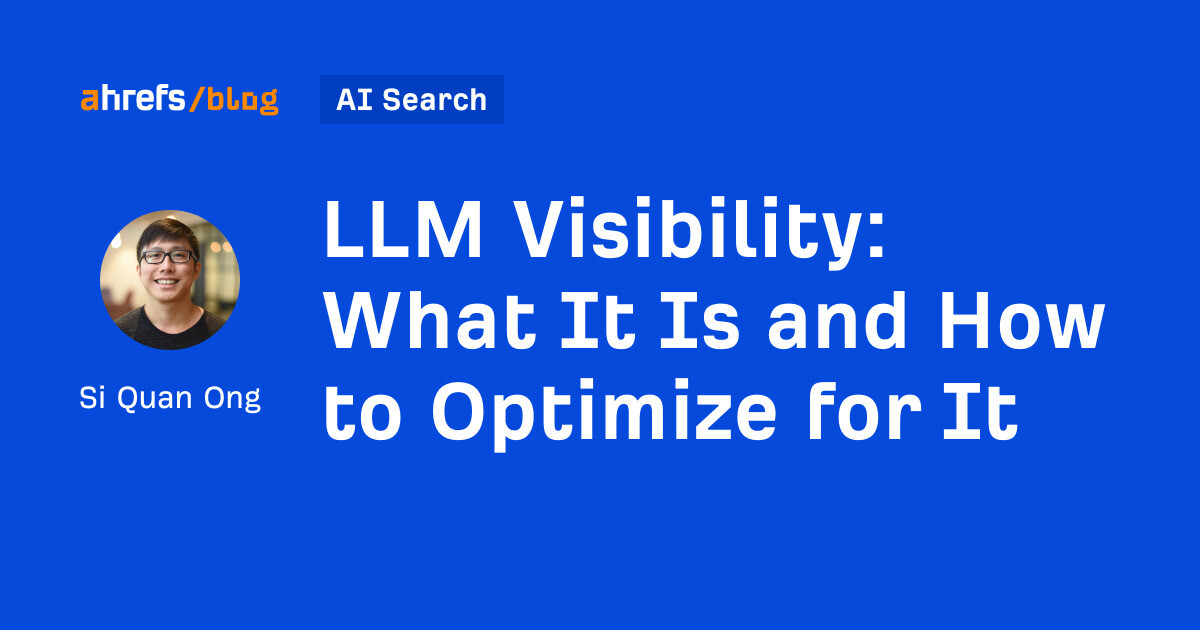
.jpg&h=630&w=1200&q=100&v=f776164e2b&c=1)


